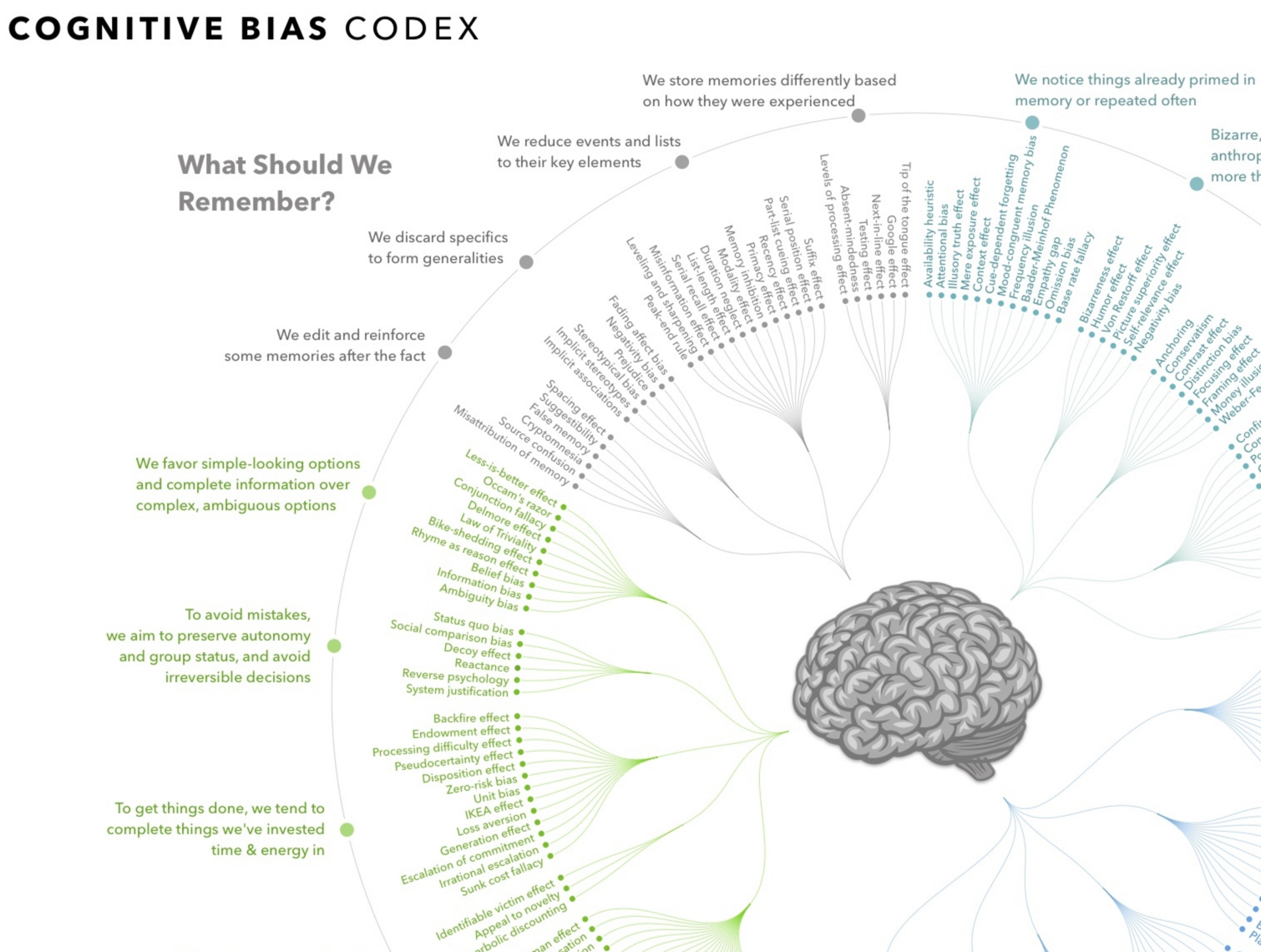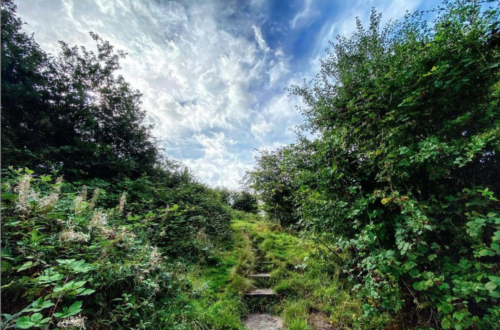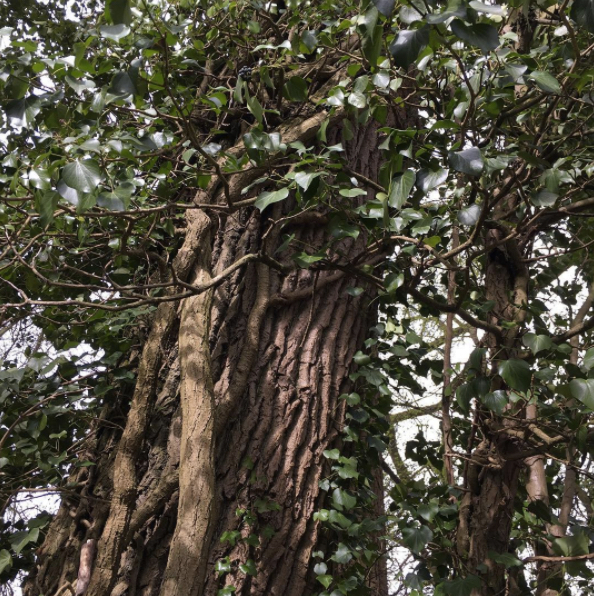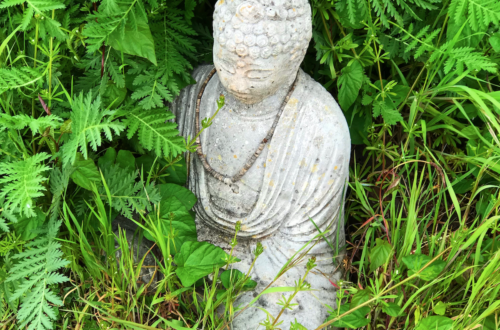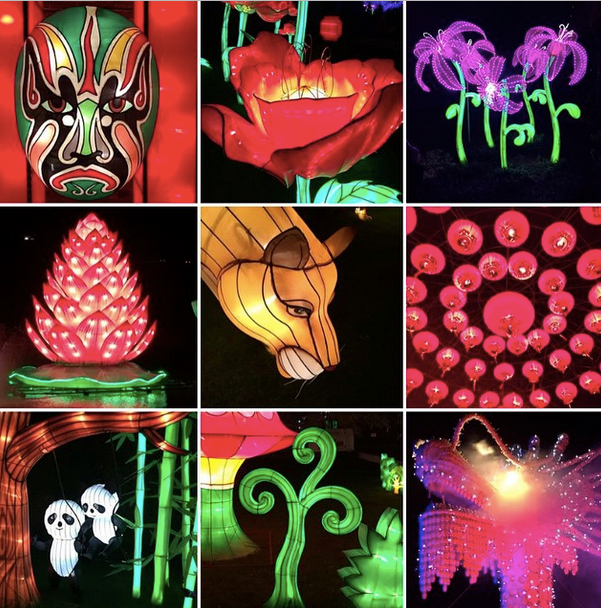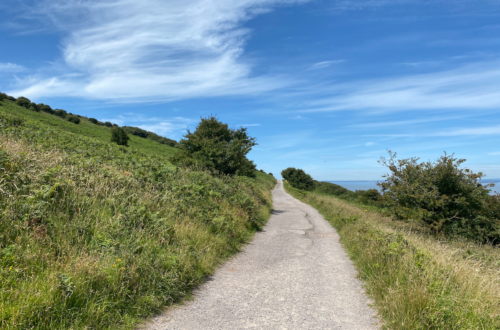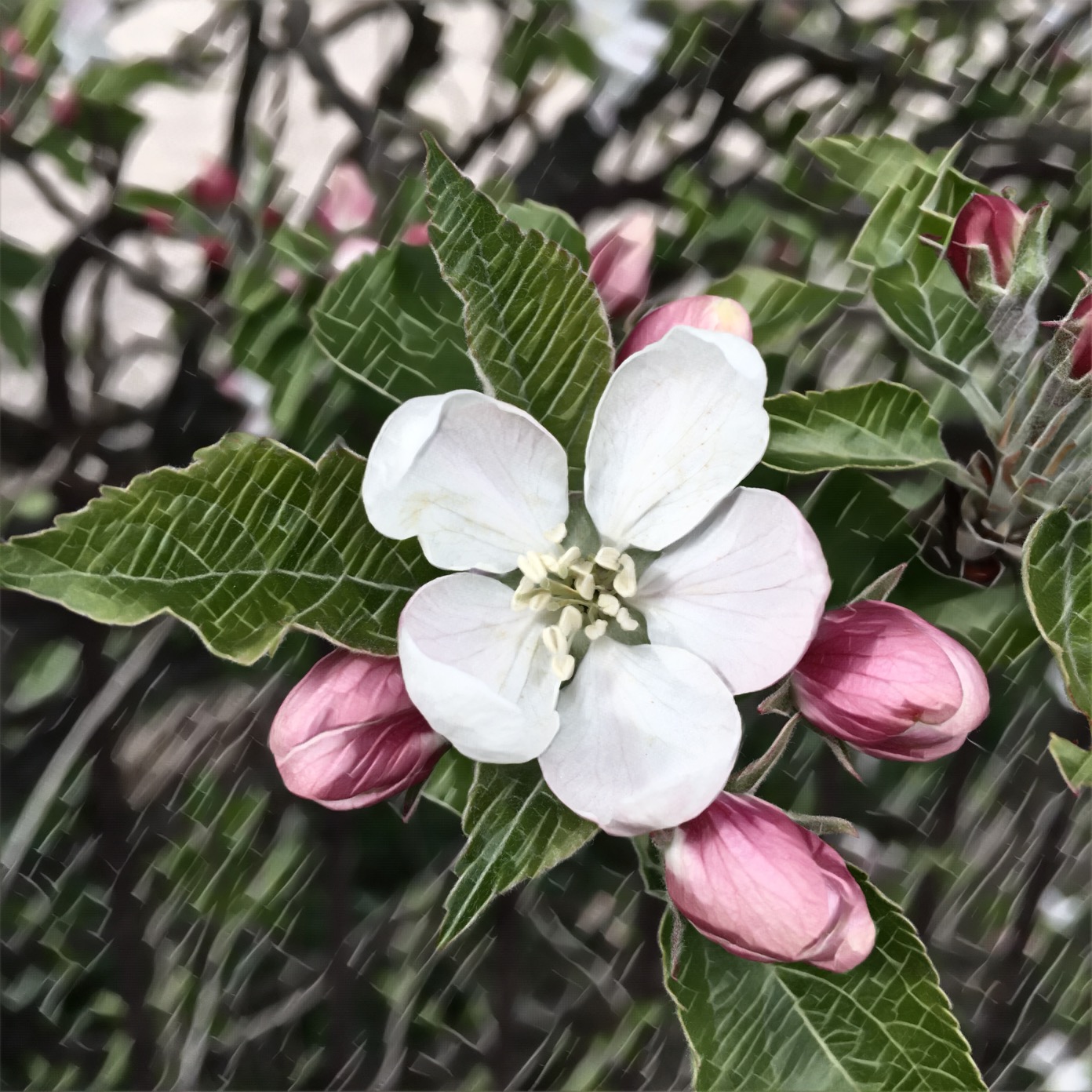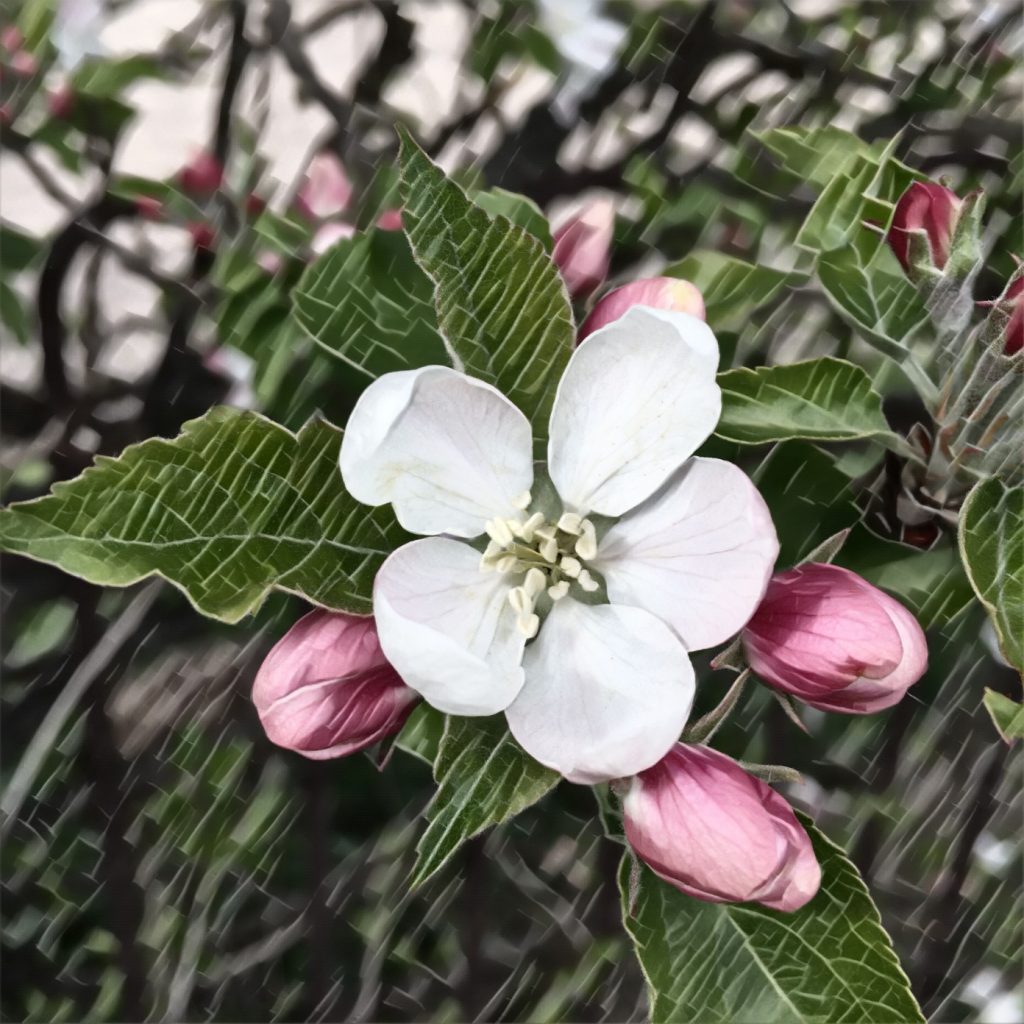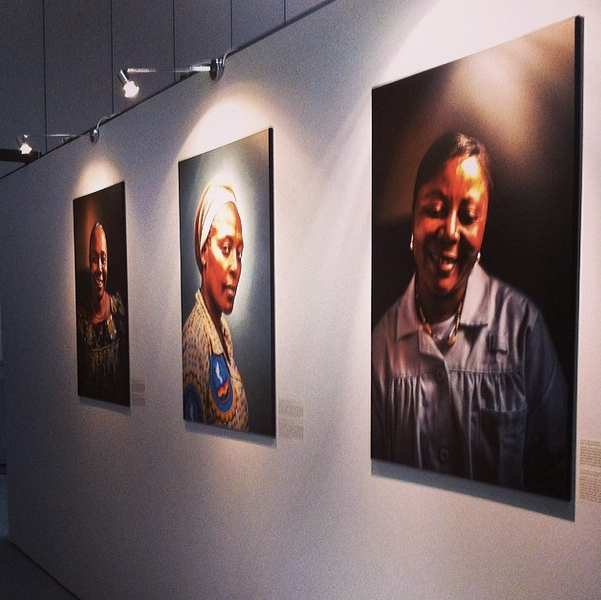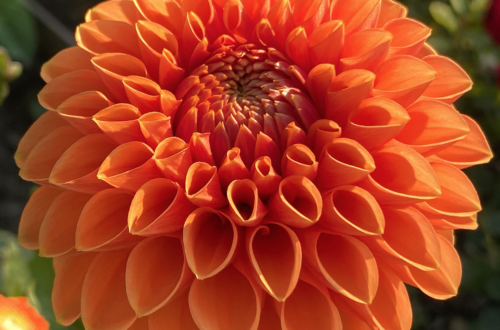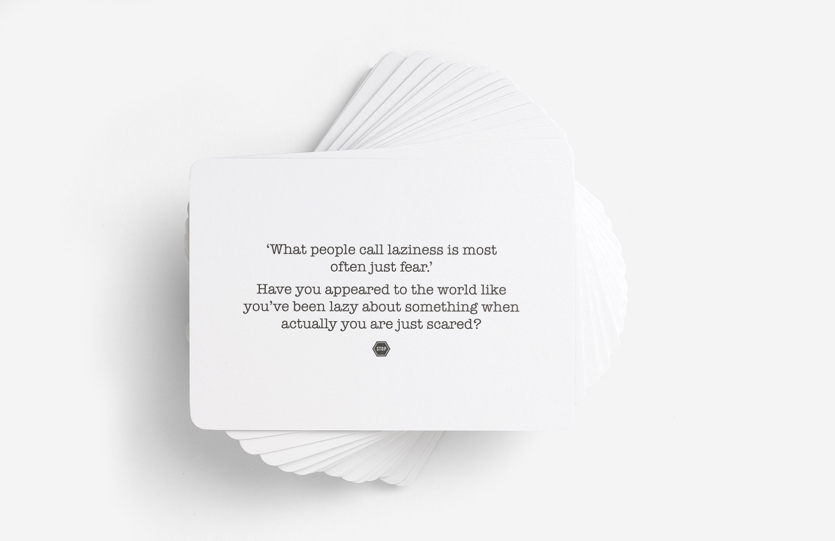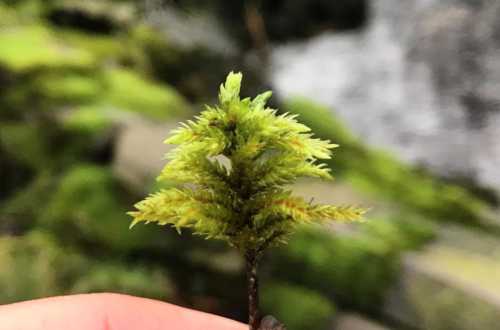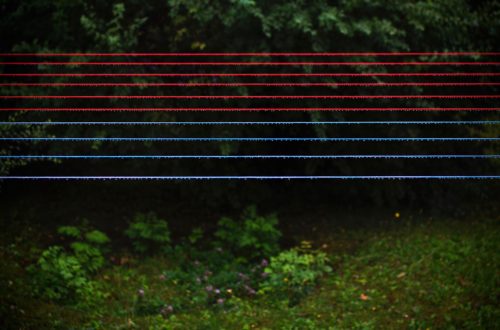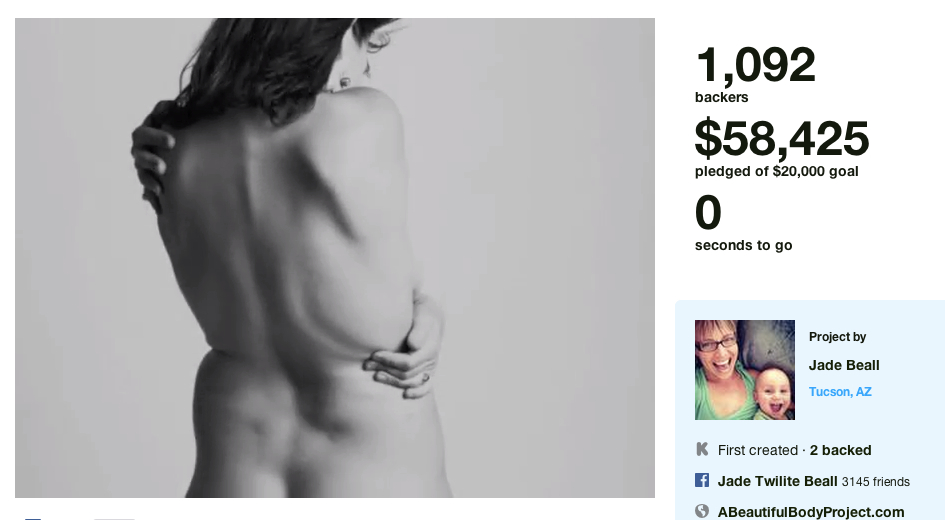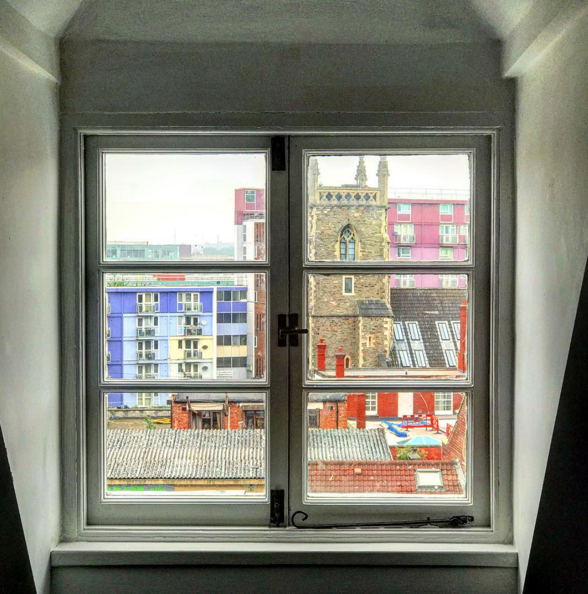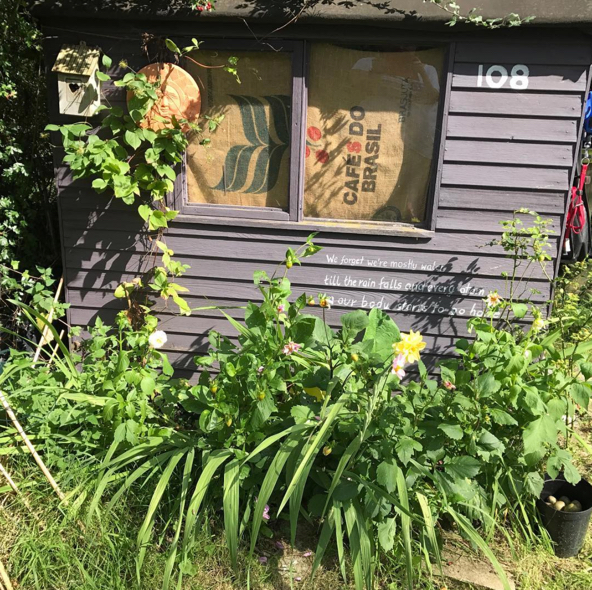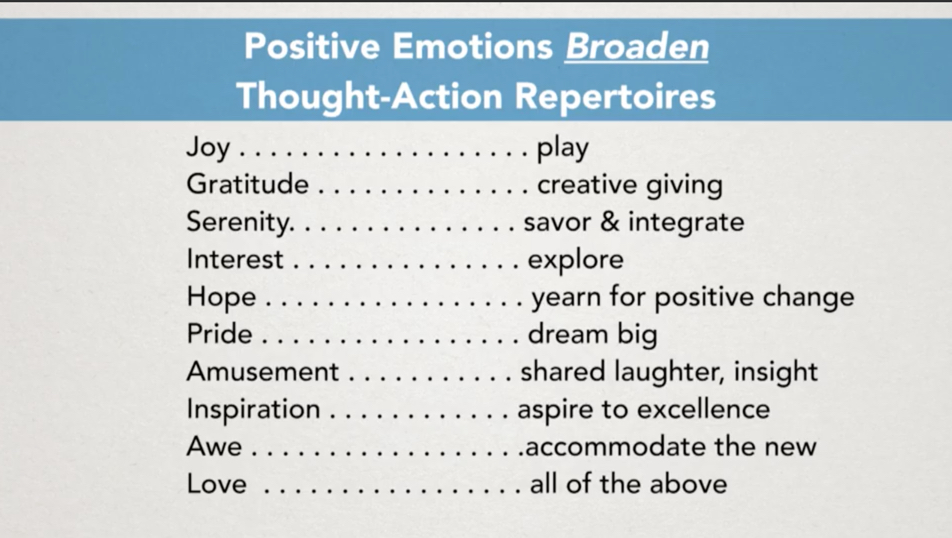-
Self-love
So UK is leaving the EU, the Article 50 was triggered. I should be really worried and sad. But I am OK.
There are two things I am noticing in this rather difficult time full of life challenges: I am finding a great comfort in groups that are equally affected by the same problems and in my ability to switch off and find a bit of bliss in my daily life. Brexit is bringing me closer to similarly minded people. Problems with studies are shared with students. Problems at home with family. I am not alone in my worries and troubles and so those feel a bit lighter too. I think about self-care a lot these days as it is one of the core requirements for a practicing counsellor. Can I establish a lifestyle in which my personal life challenges can be managed so that they won’t affect my work? Can I achieve a state in which I will be able to help others regardless of my own circumstances? Maybe it’s not a state but set of skills and habits? As we practice counselling sessions I am slowly realising that a lot of this work I have done already, actually. In preparation for my course, I made time for studies, I introduced happy habits (switching off screens, focus on hobbies, spending time with people who are uplifting and caring) and learned to give myself a quiet mental hug when things go wrong. I am still struggling with sleep nowadays but I do not feel like I am buried with challenges of life – I actually think I am maintaining a good balance. And so if in a period of life when almost all areas of my life are heavily affected, I can still do that, then I will probably be able to do it in easier times too.
So I continue to dream of sunny days. I take my dog for a walk to the allotment and enjoy getting my hands dirty. I love flowers. I listen to the birds. I breathe in the hot air from above my morning coffee cup and say it out loud: I am OK. It’s all OK. I am doing my best and that’s enough. I am hopeful!
-
Trees of Oxfordshire

“Ho! Ho! Ho! To the bottle I go
To heal my heart and drown my woe
Rain may fall, and wind may blow
And many miles be still to go
But under a tall tree will I lie
And let the clouds go sailing by”
J.R.R. Tolkien -
Life in apples

“Life will break you. Nobody can protect you from that, and living alone won’t either, for solitude will also break you with its yearning. You have to love. You have to feel. It is the reason you are here on earth. You are here to risk your heart. You are here to be swallowed up. And when it happens that you are broken, or betrayed, or left, or hurt, or death brushes near, let yourself sit by an apple tree and listen to the apples falling all around you in heaps, wasting their sweetness. Tell yourself you tasted as many as you could.”
Louise Erdrich, The Painted Drum -
School of Life
It’s slowly the end of spring and I am preparing for the end of my first year of counselling studies. As I am planning my next steps I am also sometimes looking into the future and thinking about the actual therapy practice. Today I came across a wonderful tool which I think I might use in my future work: The School of Life’s 100 Questions cards. I really love what the School of Life are doing (I love their video lectures too)- all their insights, content and tools are really well prepared, meaningful and effective. The card sets I am talking about are designed to help us improve our daily conversations: learn to ask meaningful questions and dare to answer those. I have tested the set for a relationship and believe me: it is wonderful! We have learned more about each other in one evening than over the course of past few busy and really challenging months! I learn so much from using the cards already and I think they will be a very powerful tool for my future work with clients.
I was a bit cheeky too and “stole the idea” – I started making a note of my course insights in a similar format on Canva.com. When we are done with the course I will print them out with Moo and store as cards too. In the current busy world, it’s a great way of reminding myself about the core principles of this line of work. But it’s also a great format for a visual learner like myself.
-
Rising strong in difficult times
I really enjoyed “Rising Strong” even though the insights are not new to me, they serve more as a reminder of my own resilience skills so very overused nowadays. I am facing challenges almost in every area of my life: country (residency application awaiting a response), family (son finishing primary school – not a happy place, cannot wait to be done with it!), work (really challenging decisions amongst a lot of good learnings), studies (sudden changes really affecting the status quo – not something I would welcome with a light heart, to be honest). In this really strange state of waiting – waiting for a lot of things to finish – I really cannot plan and look forward to much yet so I am struggling a bit. According to the new insights from positive psychology researchers, it is exactly that planning and waiting forward to things that make us happy and excited. Without that sense of anticipation, people find it really hard to remain uplifted. All we can do is wait, tap into our resilience, lean on on friends and support each other over a cuppa, I guess.
I am really grateful for those few wonderful people in my close network who support me on this journey day by day and for the books that remind me about the benefits of such phases in life. So here are a few reminders to myself from Brene Brown:
“There are too many people today who instead of feeling hurt are acting out their hurt; instead of acknowledging pain, they’re inflicting pain on others. Rather than risking feeling disappointed, they’re choosing to live disappointed. Emotional stoicism is not badassery. Blustery posturing is not badassery. Swagger is not badassery. Perfection is about the furthest thing in the world from badassery.”
“The opposite of recognizing that we’re feeling something is denying our emotions. The opposite of being curious is disengaging. When we deny our stories and disengage from tough emotions, they don’t go away; instead, they own us, they define us. Our job is not to deny the story, but to defy the ending—to rise strong, recognize our story, and rumble with the truth until we get to a place where we think, Yes. This is what happened. This is my truth. And I will choose how this story ends.”
“…sometimes when we are beating ourselves up, we need to stop and say to that harassing voice inside, “Man, I’m doing the very best I can right now.” ”
The last one is really useful for my future work. If I was to assume that we are all simply doing our best, my approach to people would be so much different – more open, more understanding, more empathic. I think that’s what Carl Rogers meant in his teachings about person-centered therapy and I aim to build it into my work but also life asap! Difficult times like now are a perfect time to start.
-
Magic

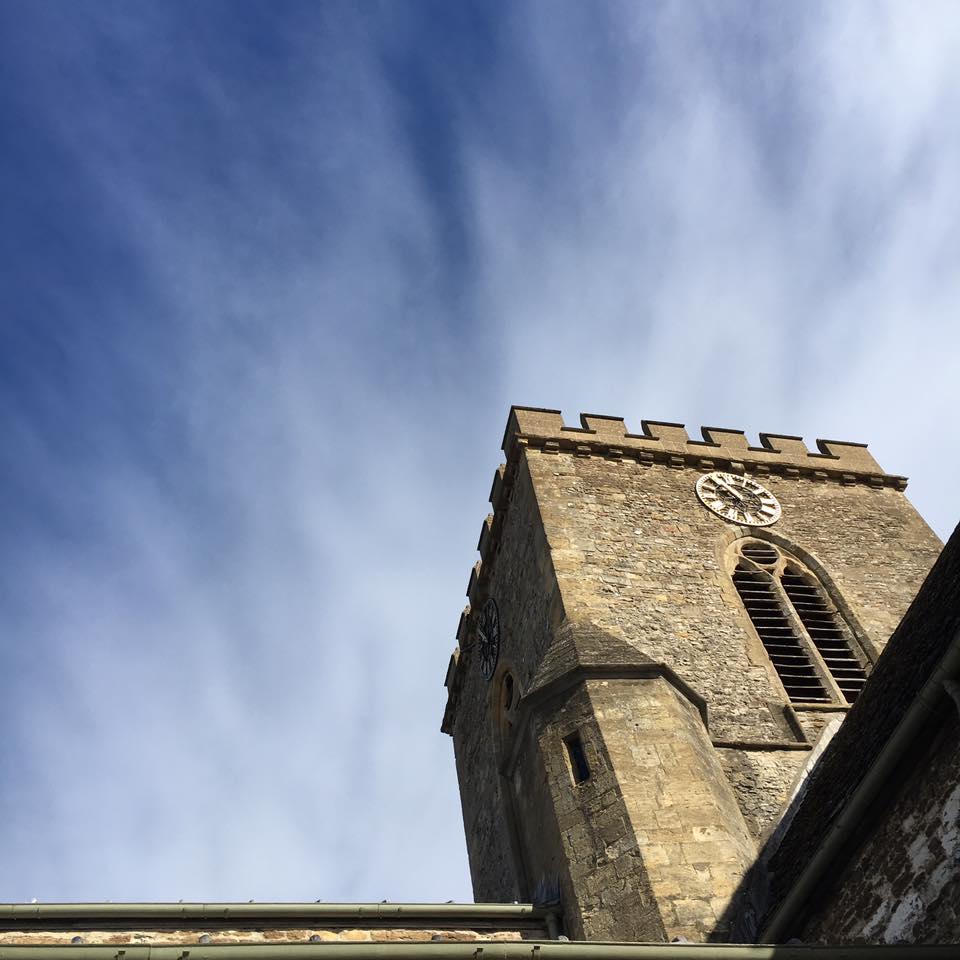
“I believe in everything until it’s disproved. So I believe in fairies, the myths, dragons. It all exists, even if it’s in your mind. Who’s to say that dreams and nightmares aren’t as real as the here and now?”
John Lennon -
Happiness

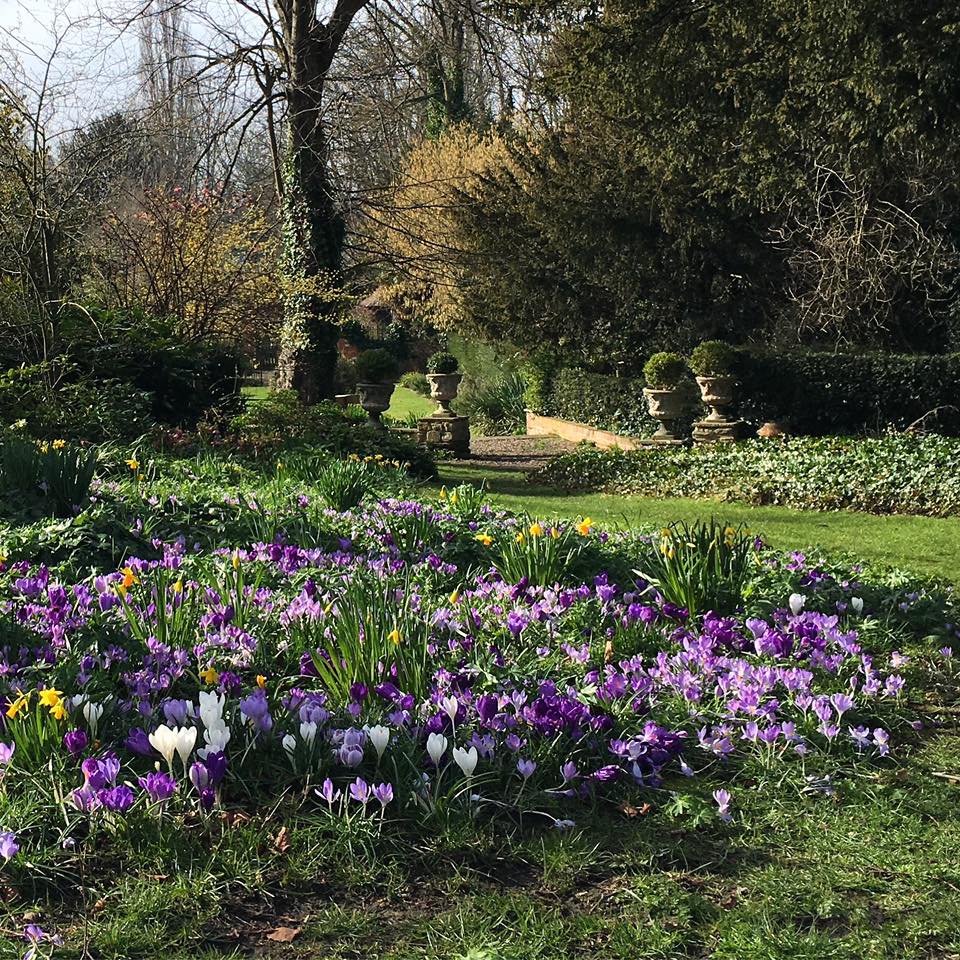
“If you have a garden and a library, you have everything you need.”
Marcus Tullius Cicero -
Living with dementia
I have just completed an online dementia course – “Living with Dementia: Impact on Individuals, Caregivers, Communities and Societies” – which gave me a very understanding of dementia and dementia care from US perspective, but also globally. I strongly recommend it to anyone who wishes to work with the elderly, but also who wants to understand how our minds work. After years of studying child development (within the communication, foreign languages, teaching methodology) I am now looking at the other side of our lives. I am really fortunate that I can apply my new learnings to work at one of our local care homes too and support few wonderful people with fun activities. It’s a very rewarding job and I wish I had time for more than few hours a week, but I need to focus on my studies. Working with the elderly I think about death a lot. I start to realise just how much gravity is in those years when we look back at our lives but also start to live more in the moment, counting our blessings. Is there a way to understand life this way much earlier in life? I think Buddhist religion and philosophy is really close to that. Japanese zen philosophy even more. But I wonder how the best elements of that thinking could be applied to people of all ages. I guess I will learn that in my studies at some point. I do want to study our approach to death in more detail. I know someone who did a listening course at Oxford Cruse and I am tempted to give it a go in autumn to dive into this topic a bit more. I suspect a lot of mental health issues or just problems in life might arise from our fear of death, I’d like to know just how much this assumption of mine is true.

